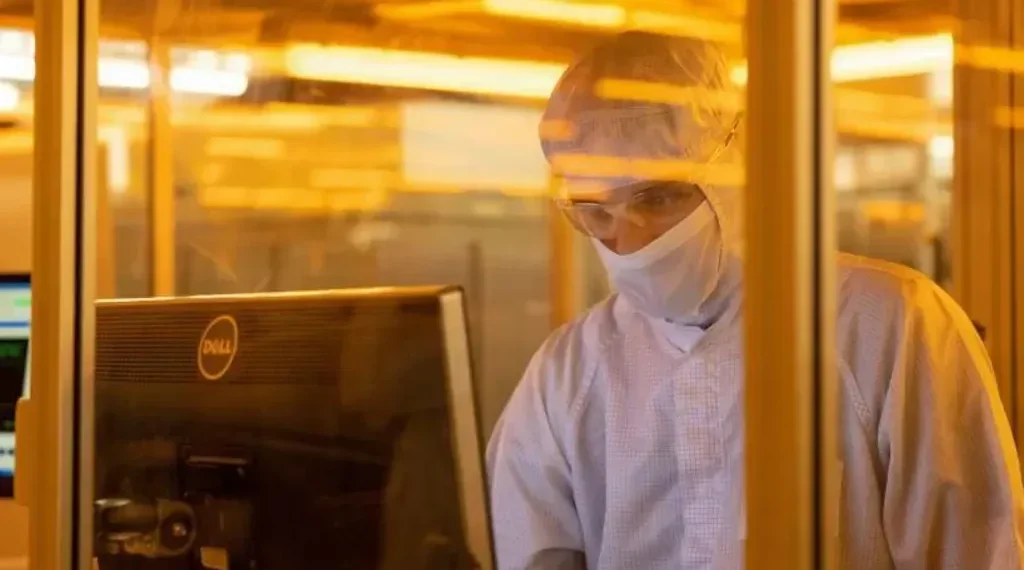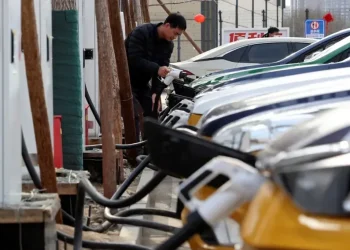Netherlands Suspends Nexperia Intervention Amid China Talks
The Dutch government has temporarily suspended its planned intervention in Nexperia, a Chinese-owned semiconductor firm, following constructive discussions with Beijing. The move eases mounting tensions over chip supply for European industries and reflects ongoing efforts to balance national security and trade relations.
Government Action on Nexperia
In September, the Netherlands invoked the Goods Availability Act to intervene in Nexperia, citing “serious governance shortcomings” and threats to the European semiconductor supply chain. Nexperia, a major supplier of chips for cars and electronics, faced scrutiny over actions attributed to its former CEO, Zhang Xuezheng, including alleged improper transfers of assets, funds, and technology.
The Dutch court had previously ordered Zhang’s removal, highlighting mismanagement concerns that officials said could jeopardize the availability of critical chips during emergencies. The intervention drew a strong response from China, which blocked chip exports from the company.
Talks With China Lead to Suspension
On Wednesday, Dutch authorities announced they would halt their intervention following “constructive talks” with Beijing. Economic Affairs Minister Vincent Karremans stated that suspending action under the Goods Availability Act was appropriate as discussions continue with the Chinese government.
“We are positive about the measures already taken by the Chinese authorities to ensure the supply of chips to Europe and the rest of the world,” Karremans said, signaling a diplomatic de-escalation.
China welcomed the decision, calling it “a first step in the right direction towards a proper resolution” but added that it remained “a step away from addressing the root cause of global semiconductor supply chain turmoil.” Beijing also highlighted concerns over the Dutch court ruling that removed Wingtech’s control of Nexperia.
Nexperia’s Strategic Role in Europe
Nexperia supplies foundational semiconductor components used in cars, consumer electronics, and industrial devices. Global shortages of these chips have disrupted production and supply chains, underscoring Europe’s dependence on reliable semiconductor imports.
The company’s UK operations have faced similar scrutiny. Following national security concerns, Nexperia sold its Newport silicon chip plant and now operates a facility in Stockport. In the United States, Wingtech, Nexperia’s parent company, has been on the entity list since December 2024, restricting exports of American-made technology unless explicitly approved by the government.
Legal and Security Context
Dutch officials had justified their intervention as necessary to protect Nexperia, its shareholders, and European strategic autonomy. The Goods Availability Act provides a mechanism for the government to act when critical goods could be withheld in emergencies, particularly those related to national or economic security.
Wingtech, however, has challenged the claims, calling the Dutch court ruling and government support for judicial intervention a threat to both Nexperia’s continuity and Europe’s economic security. A company spokesperson said no evidence had been provided to substantiate the allegations and urged the government to formally withdraw its support for the proceedings.
Implications for EU-China Relations
The Dutch decision to pause intervention may ease tensions between the European Union and China, which have escalated over trade, technology access, and Beijing’s ties with Russia. Analysts suggest that resolving the Nexperia issue diplomatically is crucial to securing European access to semiconductors amid ongoing global shortages.
European automakers and electronics manufacturers rely heavily on these chips. Any prolonged disruption could have wide-reaching consequences for production, export revenues, and employment in multiple EU member states.
Moving Forward
The suspension of intervention does not mark a full resolution. Both the Dutch government and Wingtech have indicated that further discussions and legal processes are needed. Meanwhile, ensuring continuous chip supply to Europe remains a priority for policymakers.
Experts suggest that this case highlights the broader challenge facing Europe: maintaining technological sovereignty while balancing the geopolitical realities of global supply chains. As semiconductors remain a strategic resource, European governments may increasingly engage in careful diplomacy with foreign-owned firms operating on the continent.
This article was rewritten by JournosNews.com based on verified reporting from trusted sources. The content has been independently reviewed, fact-checked, and edited for accuracy, neutrality, tone, and global readability in accordance with Google News and AdSense standards.
All opinions, quotes, or statements from contributors, experts, or sourced organizations do not necessarily reflect the views of JournosNews.com. JournosNews.com maintains full editorial independence from any external funders, sponsors, or organizations.
Stay informed with JournosNews.com — your trusted source for verified global reporting and in-depth analysis. Follow us on Google News, BlueSky, and X for real-time updates.














